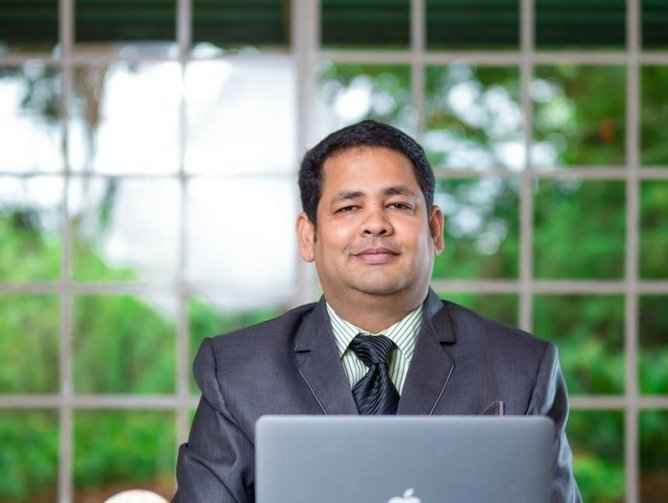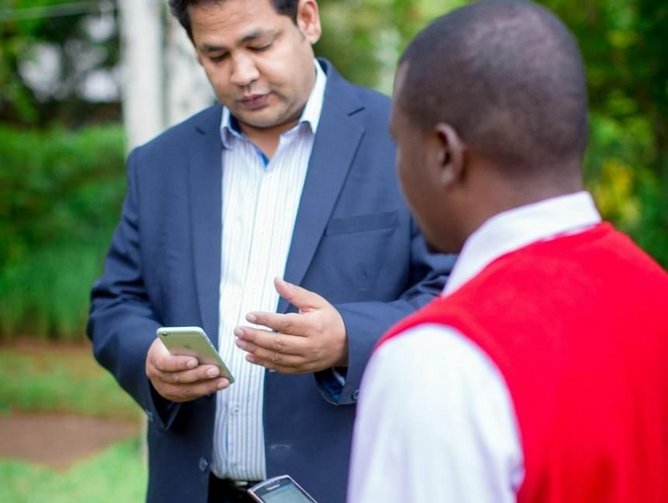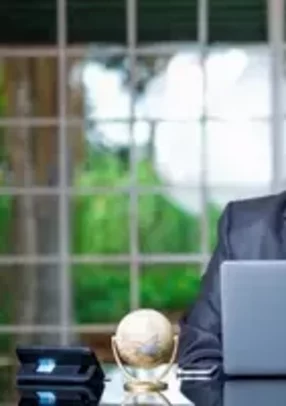1. How can technology/MNO/FinTech companies remain profitable while keeping costs low for Africans?
Keeping costs low while ensuring quality is always a tough job, but making services available to large numbers of subscribers will help. Partnerships that leverage existing technologies and platforms will ensure sustainability and profitability especially with disruptors. Sustainable use of technology (for example virtualisation and cloud hosting) will reduce CAPEX and keep opex low. The provision of an all-capturing ecosystem will ensure 100 percent reliance on the services being provided and this leads to increased usage and reduced service prices.
Most of the companies coming into the mobile payments space are actually coming in with little or no experience of the sector and often fail to provide a soulful touch and product to customers. Segmenting customers based on a few simple parameters (like age, potential earnings and spending habits) will therefore ensure that business models are drawn properly and will serve relevant customers.
To date, a lot of solutions are coming to the table but the question is - are we not producing too many solutions for which the problem does not exist? Providing too many services and new functionalities will not only confuse customers but will also hurt any company budgets and P&L statements. Companies should therefore launch products one at a time and give enough time for subscribers to adjust to new innovations; new services should focus on lifestyle solutions to ensure more participants
2. Could you outline any financial inclusion initiatives that are particularly noteworthy?
There are several initiatives in Africa that address financial inclusion. Finclusion - as I like to call it - is a basic right for every human being. Mpesa in Kenya was the first large scale initiative that completely revolutionised the market; it was this MNO-led model which led some people to call it a ‘virtual bank.’
EcoCash Zimbabwe is the second largest model after Mpesa operating in same space. EcoCash has been spearheading financial inclusion through mobile money transfer services and a product suite which includes banking services, sending money across networks, remittances, and a savings club. The savings club allows communities to save as groups with minimal KYC requirements. This initiative has captured many communities - especially farmers and women who now take advantage of the service to securely pool their savings.
3. MNOs/FinTech companies have threatened to leapfrog banks in some instances – is this a trend that is likely to continue?
Actually the opposite is true. Banks that have embraced this trend have made gains because of the service is complementary to banking. MNOs/FinTechs/MFS companies have only optimised the practice of ‘banking’ and have not touched anything else.
First, the fintech disrupters are cutting the costs and improving the quality of financial services. Regulators, legacy IT systems, and branch networks are blessing auspiciously fintech companies in order to ‘finovate’ (Innovate). Capital getting cheaper as raw material. That means it can offer better deals to the borrowers and lenders who congregate on its platform. Half of the loan applications Funding Circle gets from small businesses arrive outside normal business hours. FinTechs takes a machete to the hefty fees that banks levy to send money across borders.
Banks think of ‘banking’ as their life long partner, but this is no longer the case - it was the tight bind that central banks have had in the past that was keeping the status quo. Central banks have realised that it is time for them to loosen the knot between the bank and banking so that banking can breathe freely. So we can comfortably say that if banks do not accept the reality of the situation we will very soon see retail banking consigned to the history books.
FinTech companies are making every possible use of technology and are brining innovation to the market at a much lower cost, without compromising security. FinTech’s have brought concepts as BaaP (Banking as a Platform) and BaaS (Banking as a Service) and are exploiting these to the highest possible level.
In the future people will require banking but not actually the banks themselves. MNOs and FinTechs have brought banking right into the palm of the user and this brings so much convenience and cost savings on the part of the customer. It is up to banks to partner with MNOs and FinTechs to provide the underlying financial support services such as treasury functions.
4. What are the challenges, if any, of convincing Africans to use technology and become ‘banked’ for the first time?
Banks have always positioned branches for certain groups who are considered to be doing well in society; some have turned away customers who are unable to raise the minimum deposit. Banks look at customers in terms of costs and unless this perception changes it will be difficult for them to serve both rich and poor.
There is a need to convince people to change from the current technology to that of the future. This is a particularly big challenge as there is a need for extensive marketing, product promotion, and education. Upcoming technology relies mainly on smart devices and high-speed networks which are mostly absent or inaccessible in most African markets. New technologies are usually expensive for African consumers due to macroeconomic, regulatory and political factors which affect the technology adoption rate.
Adoption among Africans is generally high in terms of technology, especially youths - if technology innovation is targeted at youths, there are minimal challenges. The major challenges will come if the target group is over age 45 – they require time to adapt and lots of training and education in order to change from the status quo.
5. What are the potential positive impacts of FinTech, and technology in general, for Africans?
FinTech and technology have greatly improved communication, financial inclusion, and education rates in Africa. FinTechs have the potential to support SMEs and upcoming smallholder agriculture businesses - the major positive impact will be improved payment speed and transaction security. Micro lending institutions will utilise Fintechs to fund smallholder operations.
FinTech has reduced transaction costs, especially the cost of micro payments; it is now possible to offer financial services for few US cents. Services such as micro insurance and micro payments would not be possible without technology
6. How can the continent address the technology skills shortage?
Africa does not have a major technology skills shortage as such - it is just that the skills have been exported abroad to find better opportunities. To address this, there is a need to train the available resources and upskill them, or to outsource the services by utilising the cloud. It will be important for countries to consider technology as a basic right with every child being introduced to technology.
Skill retention strategies should be adopted by improving compensation, the working environment, and through growth and support strategies. Economic recovery, stabilisation and the improvement of political, macroeconomic and regulatory factors will facilitate skill retention and reduce the number of Africans migrating to more developed countries.
7. How does your role as a leading technology expert contribute to the continent’s technological development?
My role steers the research and development efforts of innovative technology driven in Africa. Working with the second largest Mobile Financial services provider on the continent has given me the opportunity to offer services, which positively transform lives of Africans at home and abroad. In my current role, my focus remains to look at challenges in societies and develop simple and easy to use solutions.
My role as a Chief Technology Officer allows me to focus not only on technology but also on business strategy and contributing to marketing plans. I sometimes meet customers in the field to get a heart-to-heart connection and understand their needs and problems so that solutions coming to them will become handshake solutions. Solutions designing and crafting what the customer asked for as an expert in such a domain brings me happiness - it’s a bonus when a customer gets the product what they asked for and say with a smile “I got heard.”



